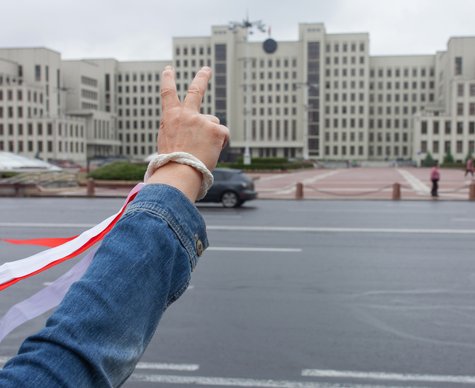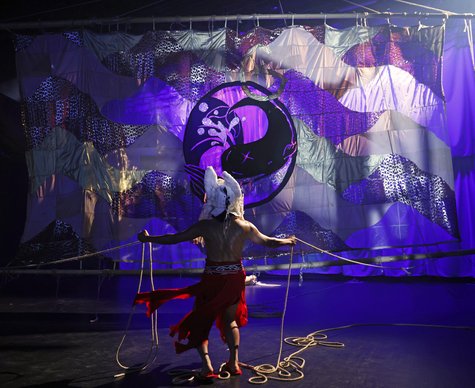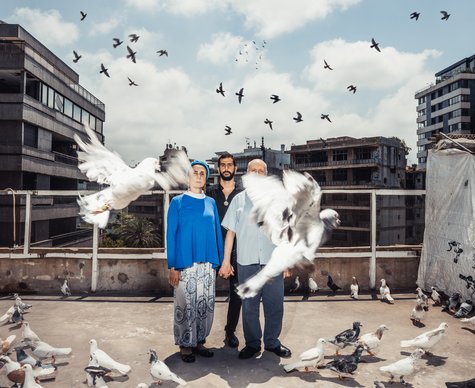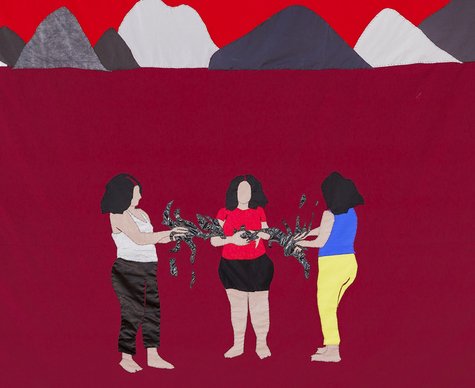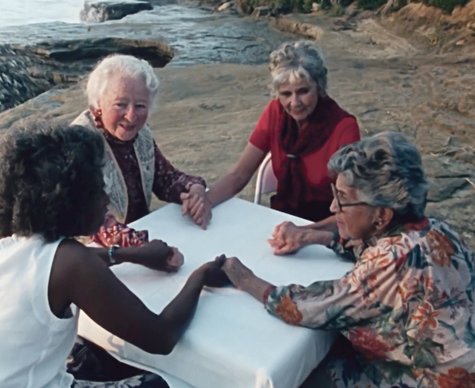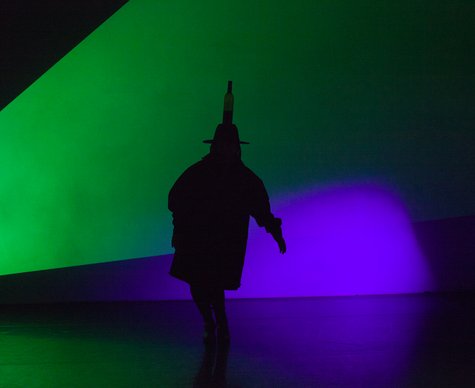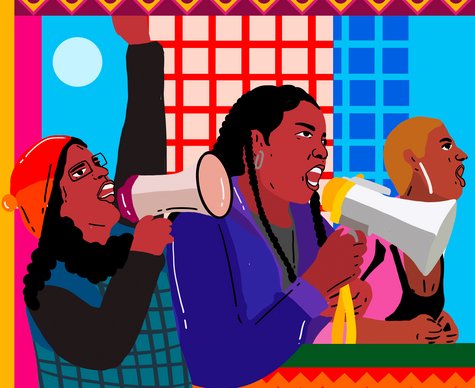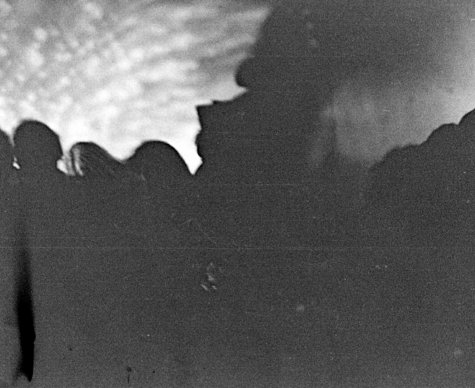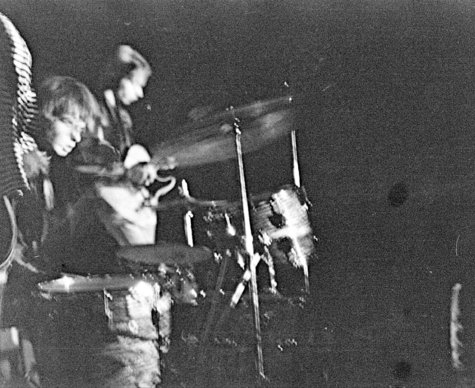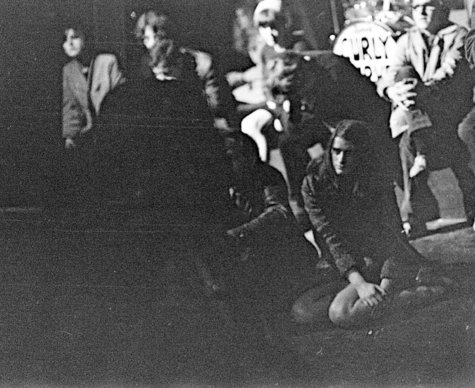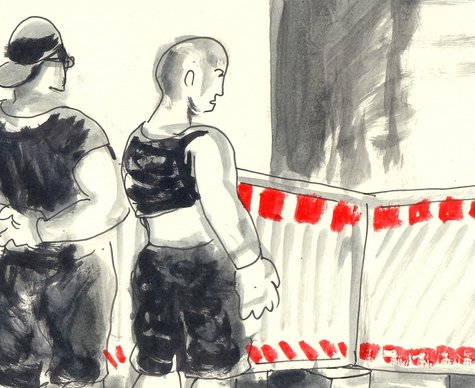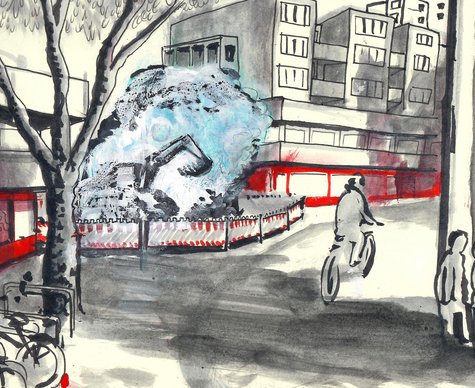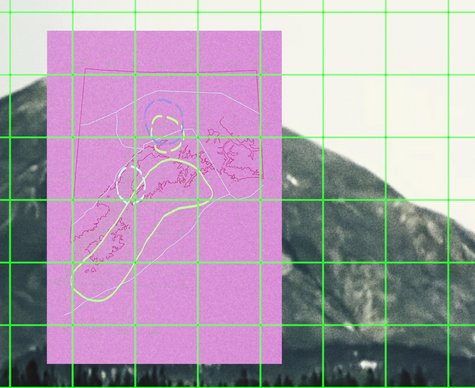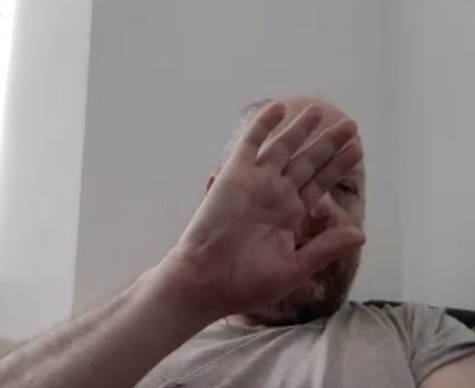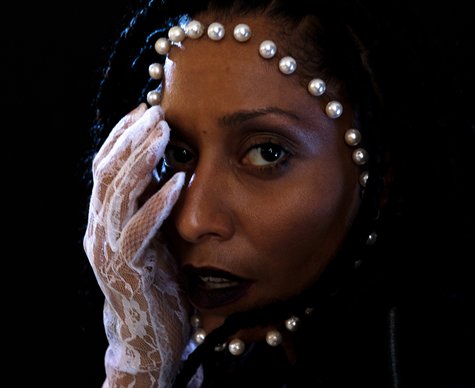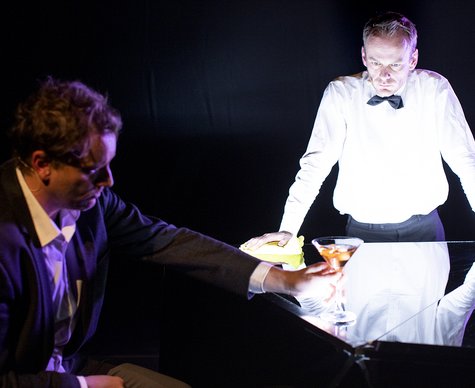Revolution-in-progress: Between praxis and utopian horizons
A talk with Luise Meier, Börries Nehe and Olga Shparaga
Moderation: Tania Arcimovich
- Dialogue

It is the real bodies of different races, genders, ages and sexual orientations that go to the streets and gather together in different places around the world, fighting for power against the monopoly of the state. Authoritarianism has various faces and strategies for the suppression of civic protests, with brutal violence at the extreme end of the spectrum. One thing authoritarian regimes have in common is the fear of people gatherings – of the bodies that dance, sing and fight – as if it is the most powerful weapon. Is it?
When do these protests, which refuse violent methods, win? What do they result in – progress, a process or regress? What is their starting point, and what is their final destination? How can this tension between the praxis of peaceful protests and their utopian horizons be grasped? Together with the speakers, we will reflect upon these and other questions from the perspective of different geographies and political systems.
Luise Meier is a freelance author, theatre maker, dramaturg, performer, dropout and service worker, born in 1985 in East Berlin. Studied philosophy, cultural studies, literature and social and cultural anthropology in Berlin and Frankfurt (Oder).
Börries Nehe coordinates the International Research Group on Authoritarianism & Counterstrategies (IRGAC) of the Rosa-Luxemburg-Stiftung. He holds a PhD in Latin American Studies from the National Autonomous University of Mexico (UNAM) with a specialisation in Sociology. His research focuses on social movements, state theory, violence and urban conflicts, mostly in Latin America. He is also a part-time lecturer at the Department of Geography at the University of Frankfurt am Main.
Olga Shparaga is a Belarusian philosopher and feminist, an active participant in the 2020 mass protests in Belarus, which she reports on in her book “Die Revolution hat ein weibliches Gesicht: Der Fall Belarus” (“The Revolution Has a Female Face: The Case of Belarus”) (Insel Verlag 2021). She is also the co-founder of the European College for Liberal Arts in Minsk (ECLAB), launched in 2014. Shparaga currently lives in Berlin and is a fellow of the Wissenschaftskolleg zu Berlin.
Dates
Credits
Funded by: Bundeszentrale für politische Bildung (bpb), Goethe-Institut.


Location
HAU1
Stresemannstr. 29, 10963 BerlinThere are two marked parking spots in front of the building. Access to the Parkett by means of a separate entrance with lift when necessary. Barrier-free restroom facilities are available. Tickets for wheelchair users and accompanying persons can be booked via the ticketing system. If you need any help, please contact our Ticketing & Service team at +49 (0)30 259004-27 or send us an email at
tickets@hebbel-am-ufer.de.


















